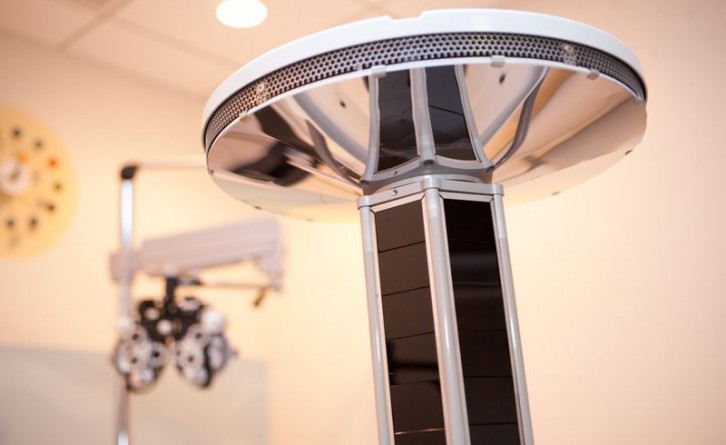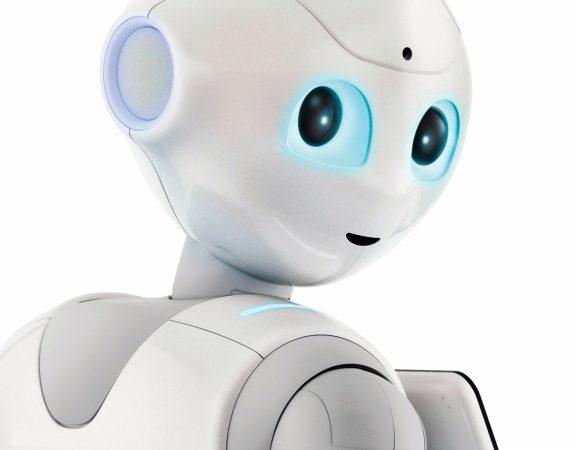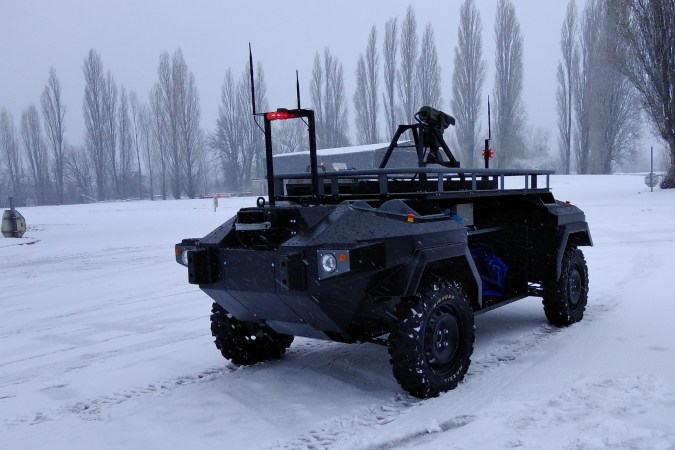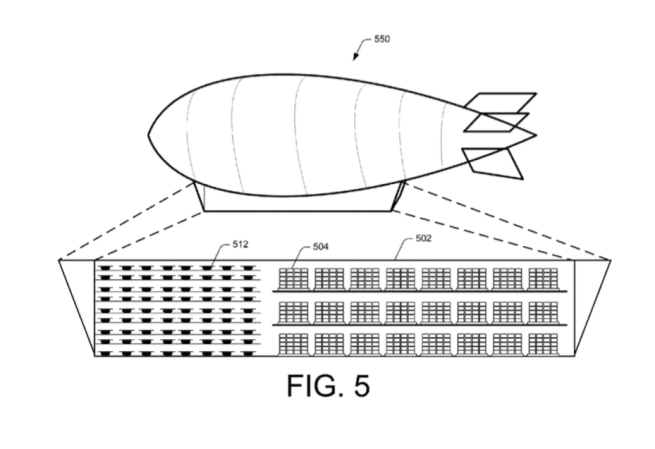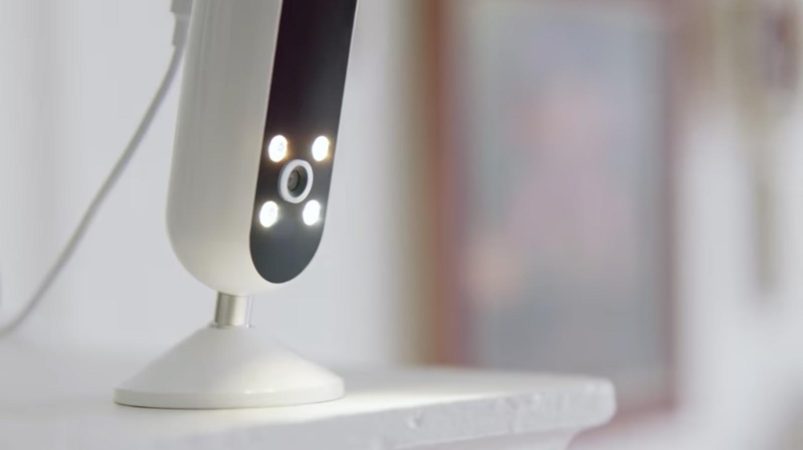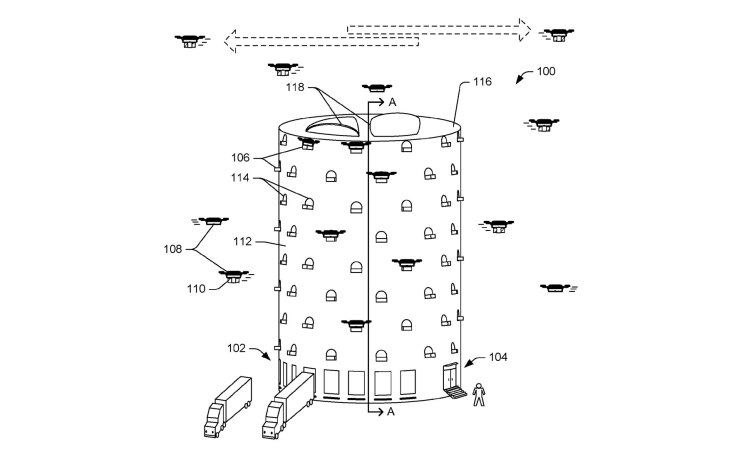

Amazon announced its latest robotics industry acquisition, Cloostermans, last Friday—the latest in a string of high profile business deals signaling the company’s continuing efforts to automate both its warehouse labor force and retail products. Founded in Belgium in 1884 as textile repair shop, Cloostermans now produces mechatronics. Businesses such as Amazon use this kind of technology to move and stack huge pallets, as well as for packing large scale product deliveries.
In a statement, Amazon explains that it “began working with Cloostermans in 2019, and by focusing Cloostermans’s deep experience in engineering, machinery, and robotics, we will more rapidly deploy solutions in our workplace that support employees in their roles and improve safety at work, and also help reduce packaging waste.” Cloostermans employs roughly 200 workers, all of whom will transition into roles at Amazon Robotics.
[Related: Amazon buys Roomba maker iRobot for $1.7 billion.]
Amazon began introducing robotics into its facilities in 2012, and since then the company stated in last week’s announcement that they deployed more than 520,000 robotic drive units worldwide and created over a million new jobs. “Automation has led to new roles at our facilities, including jobs such as robotics and mechatronics maintenance technicians as well as flow control specialists,” they wrote. In 2019, Amazon’s director of robotics fulfillment claimed that a fully automated warehouse was likely still at least ten years away.
Critics are concerned that purchases like that of Cloostermans may eventually push human workers out of jobs, and there are certainly statistics to back their worries. A 2020 analysis by Oxford Economics estimates that as many as 20 million workers could be displaced by automation by the end of the decade, while another report warns that women will bear the brunt of the job losses.
[Related: Four workers die in Amazon warehouses across 22 days.]
Amazon, meanwhile, insists these innovations are meant to improve worksite safety and offer new career opportunities for their staff. Although there certainly will be millions of new jobs created as AI automation comes to the forefront of labor, unless there is adequate infrastructure to support job training and skillset adaptations, those displaced by robots may face barriers reentering the workforce.
This news comes barely a month after the company revealed its purchase of iRobot, makers of the successful line of Roomba automated home cleaning systems, and the purchase of healthcare group One Medical in July. While Amazon has vowed the acquisitions will only improve customer service, products, and innovation, critics cite vast privacy issues that accompany the expansion of surveillance within the smart home tech industry.


